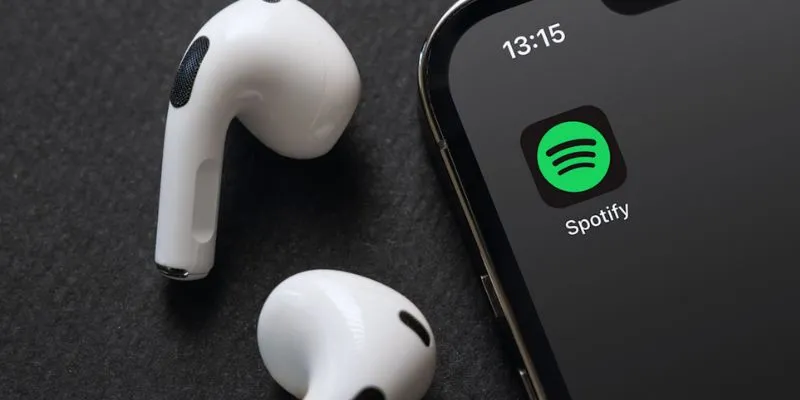Apple to Add End-to-End Encryption to RCS Messaging in iOS Update
Apple is on the brink of a significant privacy upgrade with its plan to implement end-to-end encryption (E2EE) for Rich Communication Services (RCS) messaging. This enhancement is set to bolster privacy for communications between iPhone and Android users, marking a pivotal shift in Apple’s messaging ecosystem and aligning with broader industry trends toward more secure cross-platform interactions.
The Journey to Encrypted RCS
Although RCS support was introduced with iOS 18.1, it initially lacked encryption for messages between iPhones and Android devices. The forthcoming encryption update will eliminate this gap, ensuring that shared content is protected from unauthorized access. While Apple has not announced a specific release date, the mere announcement represents a substantial advancement in secure, interoperable messaging.
Apple’s Gradual Embrace of RCS
Historically, Apple has maintained a controlled messaging environment via iMessage, offering features like E2EE, read receipts, and seamless synchronization across Apple devices. However, communication with Android users defaulted to the less secure SMS and MMS protocols.
In late 2023, Apple announced support for RCS, a modern messaging standard developed under the GSM Association (GSMA). RCS brought advanced features to Android-to-iPhone communication, such as high-resolution media sharing and typing indicators, making it a superior alternative to SMS.
However, the initial RCS implementation in iOS 18.1 lacked encryption, leaving messages vulnerable to interception. This decision raised concerns among users and privacy advocates who expect secure communication as a standard.
What End-to-End Encryption Will Change
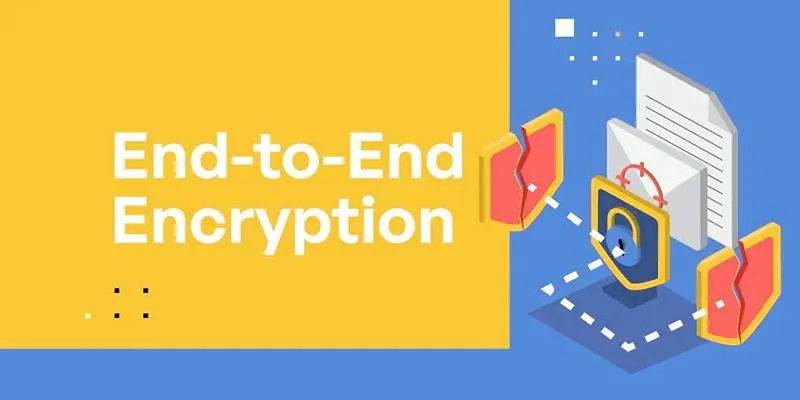
With E2EE, Apple’s RCS implementation will encrypt messages between iPhone and Android devices, ensuring:
- Only the sender and receiver can access the message content.
- Data remains inaccessible to telecom carriers, platform providers, Apple, or Google.
- Security risks from man-in-the-middle attacks or data interception are significantly minimized.
Currently, Google’s Messages app provides E2EE for RCS chats between two Android users. However, this protection does not extend to cross-platform conversations involving iPhones. Apple joining the encryption effort will enhance privacy and interoperability in messaging.
The Role of GSMA in RCS Encryption
The GSM Association (GSMA), overseeing RCS’s global development and deployment, recently updated the standard to support E2EE formally. This specification ensures uniform encryption protocols across platforms, reducing compatibility issues.
GSMA’s efforts are crucial in aligning Apple and Google’s implementations, providing a foundation for secure messaging without relying on proprietary systems. This alignment facilitates consistent security for different device users, regardless of hardware or operating system.
Responding to Consumer and Regulatory Pressure
Apple’s move to encrypt RCS messaging aligns with increased scrutiny from consumers and regulatory bodies demanding more transparency, interoperability, and privacy in digital communication tools.
Users are more aware of security risks, especially with SMS and MMS, which are prone to interception. Simultaneously, regulators, particularly in Europe, have pressured tech firms to open their platforms. The Digital Markets Act (DMA), for example, requires companies to support interoperability with rival services.
By enhancing RCS with encryption, Apple addresses user demand for secure communication and regulatory expectations for cross-platform operability, reinforcing user privacy and positioning itself as a cooperative entity within a global context of digital freedom and consumer protection.
Privacy Without Platform Lock-in
One primary criticism of Apple’s iMessage has been its lack of interoperability. Messages between iPhone users are encrypted and feature-rich, but those sent to Android users are downgraded to SMS, resulting in poor media quality and no encryption.
With RCS adoption and the upcoming encryption rollout, Apple will remove many of these disparities. While iMessage will remain exclusive to Apple devices, RCS with E2EE provides a secure default for messages exchanged with Android users, aligning with the trend of encryption-first messaging platforms like Signal and WhatsApp.
Aligning with Industry Trends
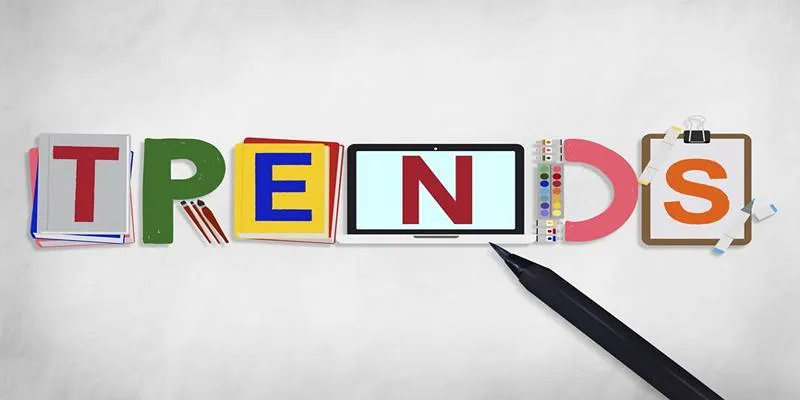
Apple’s planned encryption upgrade for RCS aligns with broader industry trends in secure messaging. Over the past decade, major tech companies have increasingly embraced default encryption, with platforms like WhatsApp, Signal, and Google Messages offering varying protection levels.
Governments and civil rights groups have often advocated for stronger encryption, though debates continue over balancing security with lawful access for investigations.
By joining the E2EE movement for cross-platform messaging, Apple positions itself alongside major players advocating for secure digital communication as a user right, not a premium feature.
Conclusion
Apple’s upcoming support for end-to-end encrypted RCS messaging marks a pivotal evolution in how iPhones communicate with the broader mobile ecosystem. Once implemented, this enhancement will transform the security landscape of cross-platform messaging, closing a long-standing gap in iOS-to-Android communication.
By adopting encryption in RCS, Apple is not just following technological trends but helping define them. This decision reflects a broader commitment to user privacy, secure communication, and interoperability in a digital landscape where trust is more essential than ever.
For more on Apple’s latest updates and tech reviews, explore our Reviews category.
On this page
Related Articles
Popular Articles

Record Your Screen: 10 Best GIF Creator Tools

Master the Art of Recording Your League of Legends Gameplay

Tips to Password Secure Your WordPress Without User Registration

How to Get Smooth Slow Motion in After Effects Without Choppy Frames

7 Payroll Mobile Apps Users Love for Effortless Salary Management
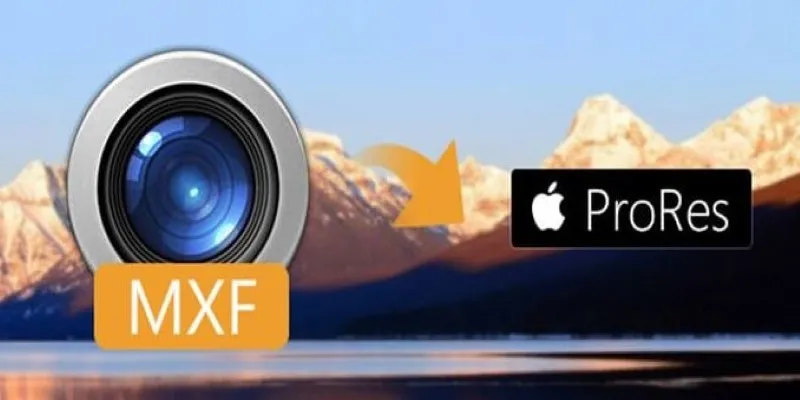
Streamlining MXF to Apple ProRes Conversion
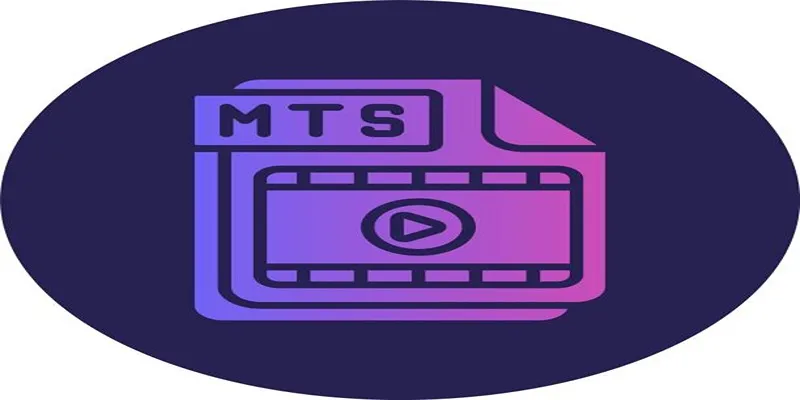
Best Tools to Convert MTS to WMV Without Losing Quality
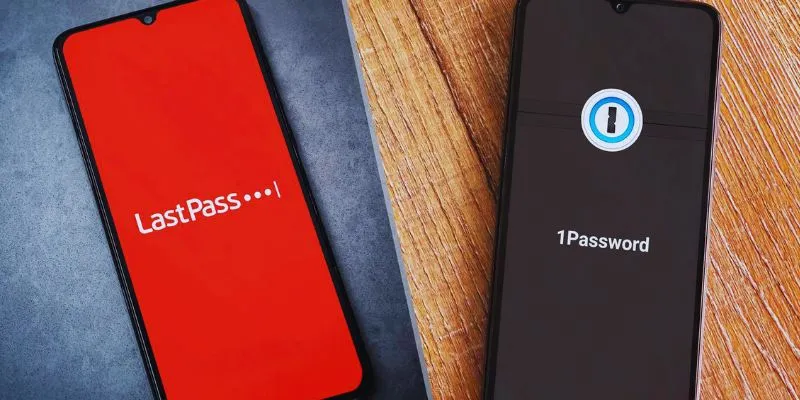
LastPass vs. 1Password: A Guide to Choosing the Best Password Manager
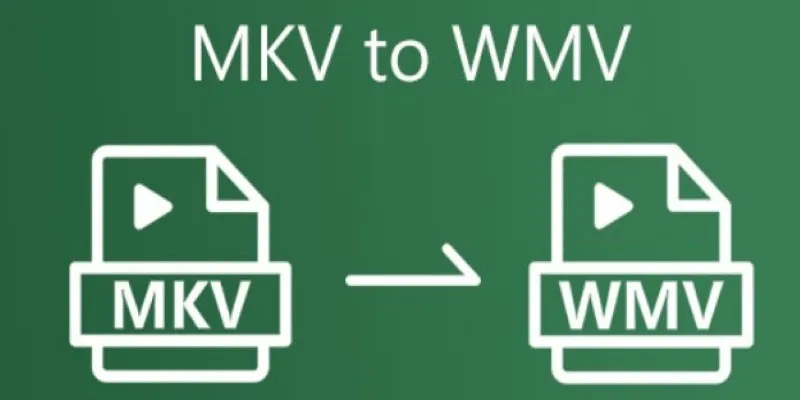
How to Convert MKV to WMV Quickly and for Free

Put User Feedback at the Heart of Your Product Roadmap with Beamer

Streamline Your Workflow: Focus on Project Execution with awork

 mww2
mww2
